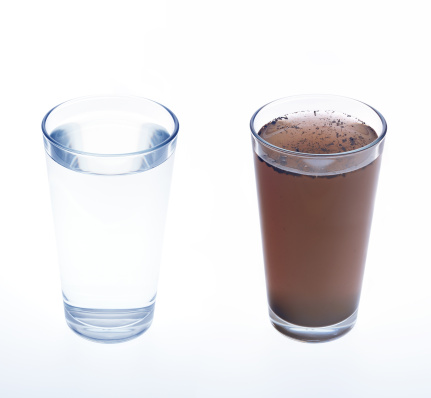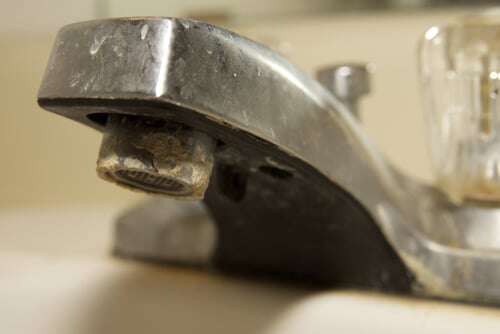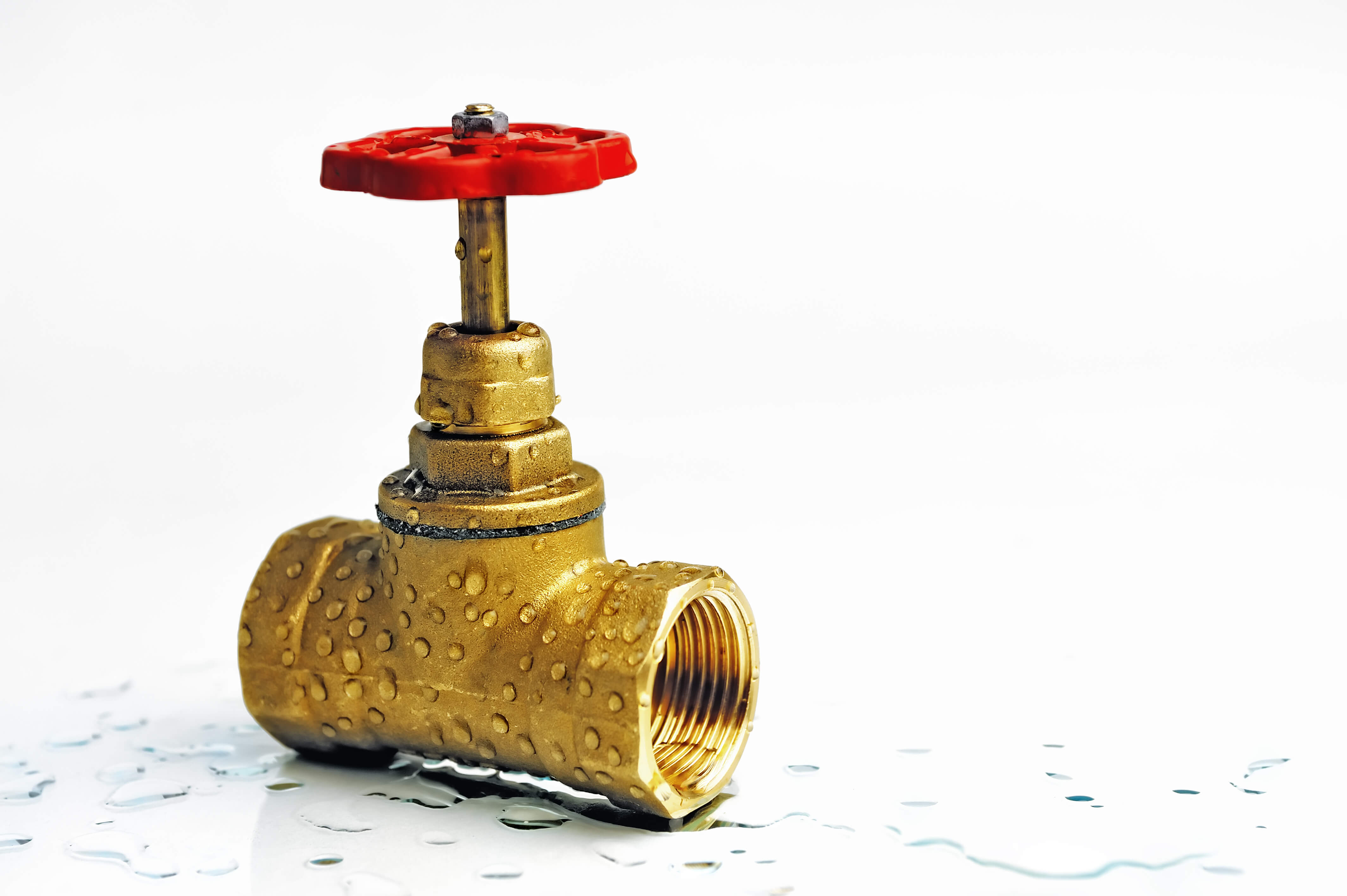 With all the noise a dishwasher is capable of making, you would think that every utensil, glass and plate you remove from it would exude the same sparkle as the day you brought it home from the store.
With all the noise a dishwasher is capable of making, you would think that every utensil, glass and plate you remove from it would exude the same sparkle as the day you brought it home from the store.
If you're used to seeing spots and film on your kitchenware, don't be so quick to blame your dishwasher. Like many Californians, you may need a water softener – the most effective way to vanquish hard water from your home. And Experts in Your Home can help you select one and install it, too.
Hard Water Is a Costly Nuisance
Hard water is high in dissolved calcium and magnesium, which, on balance, is no cause for alarm. These minerals do not pose a health hazard; in fact, U.S. health officials point out that “hard drinking water generally contributes a small amount toward total calcium and magnesium human dietary needs.”
But hard water can be a nuisance – and a costly one at that. When hard water is heated – as it often is in a home – it can:
- Form deposits of calcium carbonate, which can clog pipes, cause them to malfunction and trigger costly repairs
- Reduce the efficiency and longevity of a water heater
- Increase the costs of heating water (which probably represents about 15 percent of your utility bill as it is)
Hard Water Is an Unsightly Nuisance
In addition to leaving spots and film on your kitchenware, hard water shows up in many other ways around a home. It can:
- Leave a film on faucets, sinks, shower walls and tubs
- Cause clothes that have been washed in a washing machine to feel rough and look dull
- Reduce soap's ability to lather – in the shower, tub, kitchen sink, dishwasher, washing machine and utility tub – and leave a sticky residue behind
- Dry out skin
- Leave unsightly rings in a coffee maker (which is why many people run white vinegar through the pot occasionally)
Test the Hardness of Your Water
You may be having an “ah-hah” moment, suspecting that your home teems with hard water. If you want to be certain:
- Call your water utility and request a copy of the latest water quality report. While accurate, remember that the numbers will reflect the hardness that is evident as water leaves the treatment facility – not as it travels through your faucet. In other words, it could pick up more minerals along the way. But a report will supply a benchmark, reported in milligrams per liter. The U.S. Geological Survey has established the following guidelines for water:
- Soft water: 0 to 60 mg/L
- Moderately hard water: 61 to 120 mg/L
- Hard water: 121 to 180 mg/L
- Very hard water: more than 180 mg/L
- Purchase a water hardness test kit from a home improvement store. The simplest test comes in the form of paper strips, which you moisten and assess.
- Conduct an old-fashioned (but surprisingly reliable) home test with a bottle with a tight-fitting cap. Fill one-third of the bottle with water from a faucet. Then add 10 drops of dish soap and shake the bottle for about 10 seconds. Set the bottle down and:
- If suds form quickly, and the water below the suds is relatively clear, you probably have fairly soft water.
- If few suds form, dissipate quickly and/or the water below is cloudy, you probably have hard water.
Hard water doesn't have to be a hard problem to eliminate. A water softener makes it easy as:
- Hard water enters your home and travels to the water softener.
- Thousands of tiny resin beads remove minerals from the water.
- Salt cleans the beads during a regeneration cycle – basically recharging the beads so that they can continue to cleanse the minerals.
- The minerals and salt are flushed from the tank and into a nearby drain.
- Softened water leaves the tank and flows through your home.
The process works, allowing you to rid your home of the costs and nuisances of hard water. And it can start working for you once you call Experts in Your Home for an in-home consultation.








